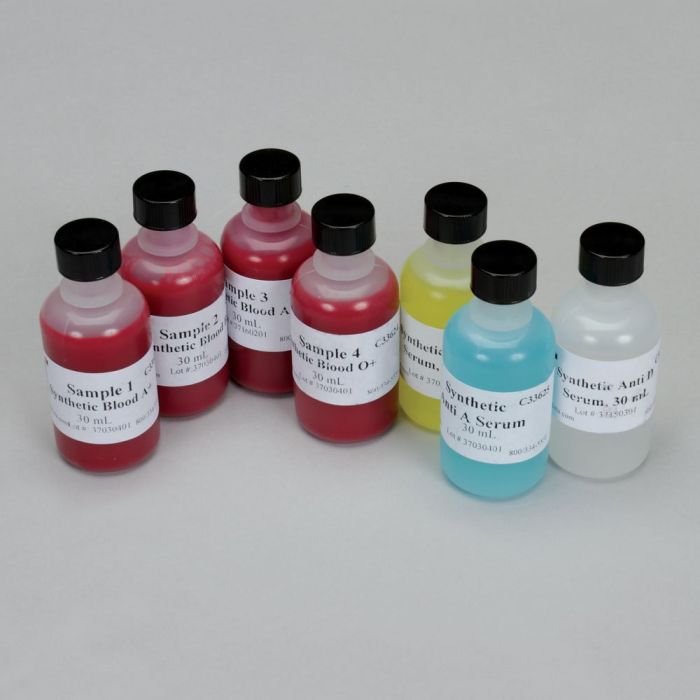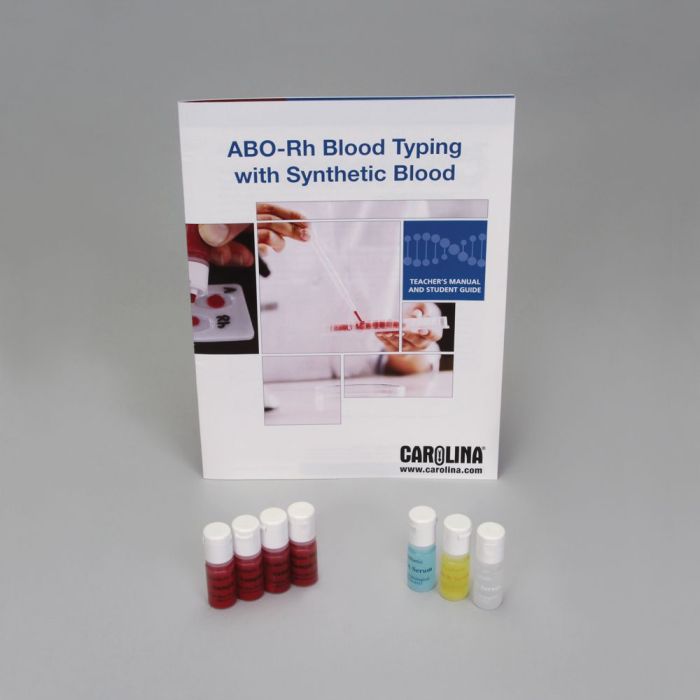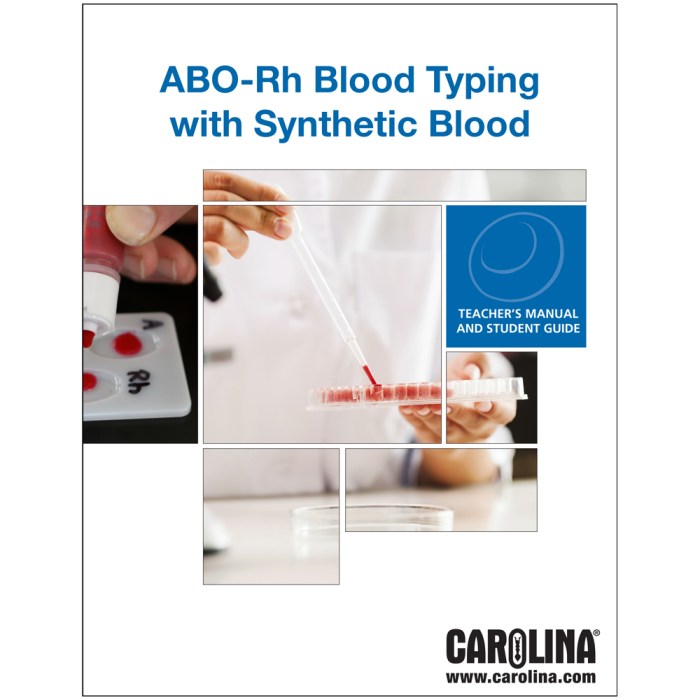As synthetic ABO-Rh blood typing with synthetic blood takes center stage, this opening passage beckons readers into a world crafted with authoritative knowledge, ensuring a reading experience that is both absorbing and distinctly original.
The advent of synthetic blood compatible with ABO-Rh blood typing holds immense promise for revolutionizing transfusions, addressing current challenges and offering groundbreaking advancements in healthcare.
1. Introduction
ABO-Rh blood typing is a crucial aspect of blood transfusions, ensuring compatibility between donor and recipient blood. However, current blood transfusions face challenges such as limited availability, storage issues, and potential immune reactions.
2. Synthetic Blood and ABO-Rh Compatibility: Abo-rh Blood Typing With Synthetic Blood

Synthetic blood offers a potential solution to these challenges. It is artificially created blood that mimics the properties of natural blood, including ABO-Rh compatibility. Various methods are being explored to create synthetic blood, such as using stem cells or genetically modified red blood cells.
3. Advantages of Synthetic ABO-Rh Blood
- Unlimited supply: Synthetic blood can be produced on demand, eliminating the reliance on blood donations.
- Universal compatibility: By mimicking ABO-Rh antigens, synthetic blood can be compatible with all blood types.
- Reduced risk of immune reactions: Synthetic blood can be engineered to minimize immune reactions, improving transfusion safety.
4. Challenges and Limitations

Despite its potential, synthetic ABO-Rh blood faces challenges, including:
- Production costs: Scaling up production to meet demand may be expensive.
- Regulatory approvals: Extensive testing and regulatory approvals are necessary before clinical use.
- Ethical considerations: Concerns about the use of synthetic blood in transfusions and potential long-term effects need to be addressed.
5. Future Directions and Applications

Research continues to refine synthetic ABO-Rh blood, with promising applications in:
- Emergency transfusions: Synthetic blood could provide a reliable source of blood in emergency situations where matching blood is not readily available.
- Rare blood types: Individuals with rare blood types could benefit from synthetic blood that matches their specific needs.
- Military and disaster relief: Synthetic blood could be invaluable in situations where blood transfusions are essential but traditional blood supplies are compromised.
Key Questions Answered
What are the advantages of using synthetic ABO-Rh blood in transfusions?
Synthetic ABO-Rh blood offers numerous advantages, including reduced risk of transfusion reactions, increased availability, and potential for tailored blood products.
What are the challenges associated with the development of synthetic ABO-Rh blood?
Challenges include replicating the complex structure of blood cells, ensuring compatibility with all blood types, and addressing potential immune responses.